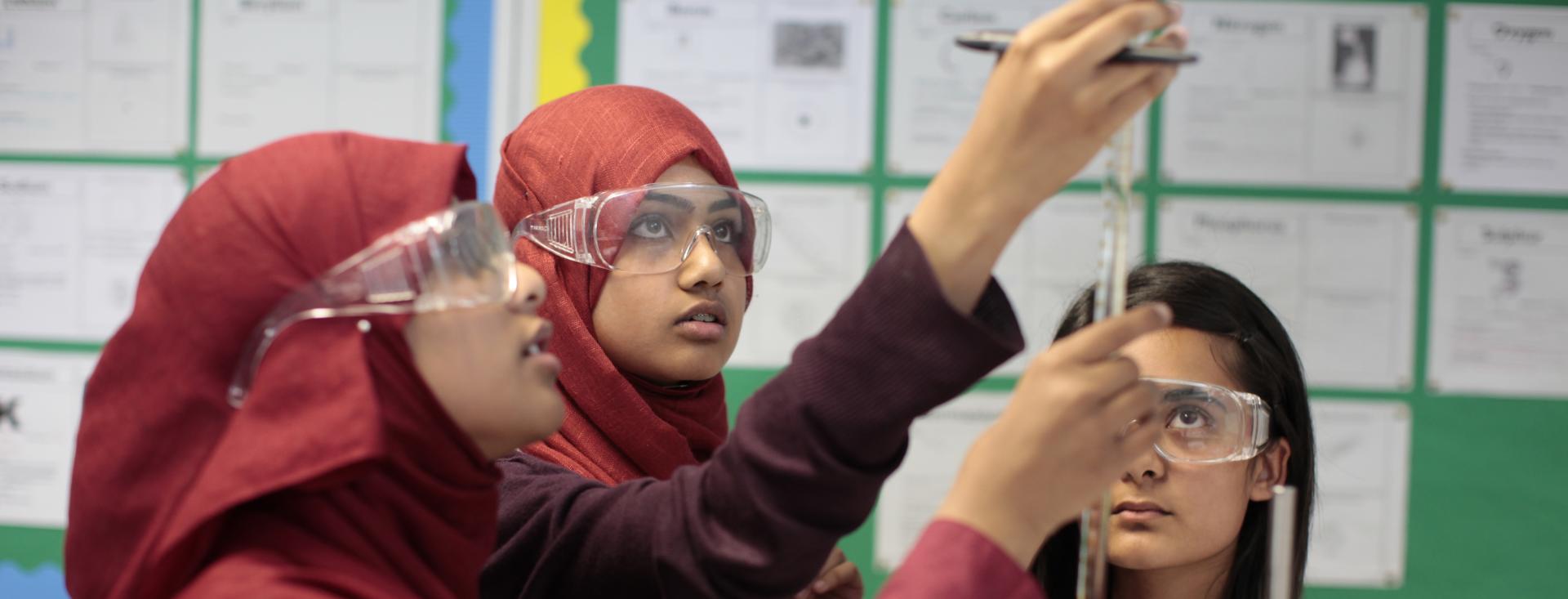Resources
Everyone has a role to play in supporting girls to become empowered, access education for better life outcomes, and thrive. Teach For All is committed to supporting the global network to identify and address the barriers that keep girls from learning and fulfilling their potential through our Girls’ Education initiative. Learn more about gender equity, the issues facing girls around the world, and more in this curated library of resources:
Girls' Education
Engaging Men and Boys to Promote Gender Equality Through Education
An overview of a two-day workshop in Washington, D.C. on engaging men and boys to promote gender equality through education and the action steps that developed from it. Participants also discussed evidence-based programming for girls’ education.
Girls' Education
GirlForce: Skills, Education and Training for Girls Now
A report by UNICEF and the International Labour Organization that calls for equipping girls with the knowledge and skills needed to overcome barriers that prevent them from fully participating in the workforce and becoming economically empowered.
Girls' Education
We Can’t Measure Women’s Empowerment the Same Way Everywhere—But Should We Try?
An article describing the challenges of measuring the empowerment of women to evaluate the impact of programs, such as the limitations of standardized questions, and recommended solutions.
Girls' Education
Gender-Sensitive Pedagogy: The Bridge to Girls’ Quality Education in Uganda
An informative brief looking at how policies that reference gender-sensitive pedagogy are translating into Ugandan classrooms. It reflects on findings of a survey conducted with 70 secondary teachers and 109 students in central and eastern Uganda.
Girls' Education
Tikambisane 'Let’s Talk to Each Other': A 6-Session Support Group Curriculum for Adolescent Girls Living with HIV in Zambia
A curriculum with interventions designed to facilitate healthy transitions to adulthood among adolescent girls aged 15-19 living with HIV in Zambia. All sessions are written in a user-friendly format, giving step-by-step guidance for the activities.

